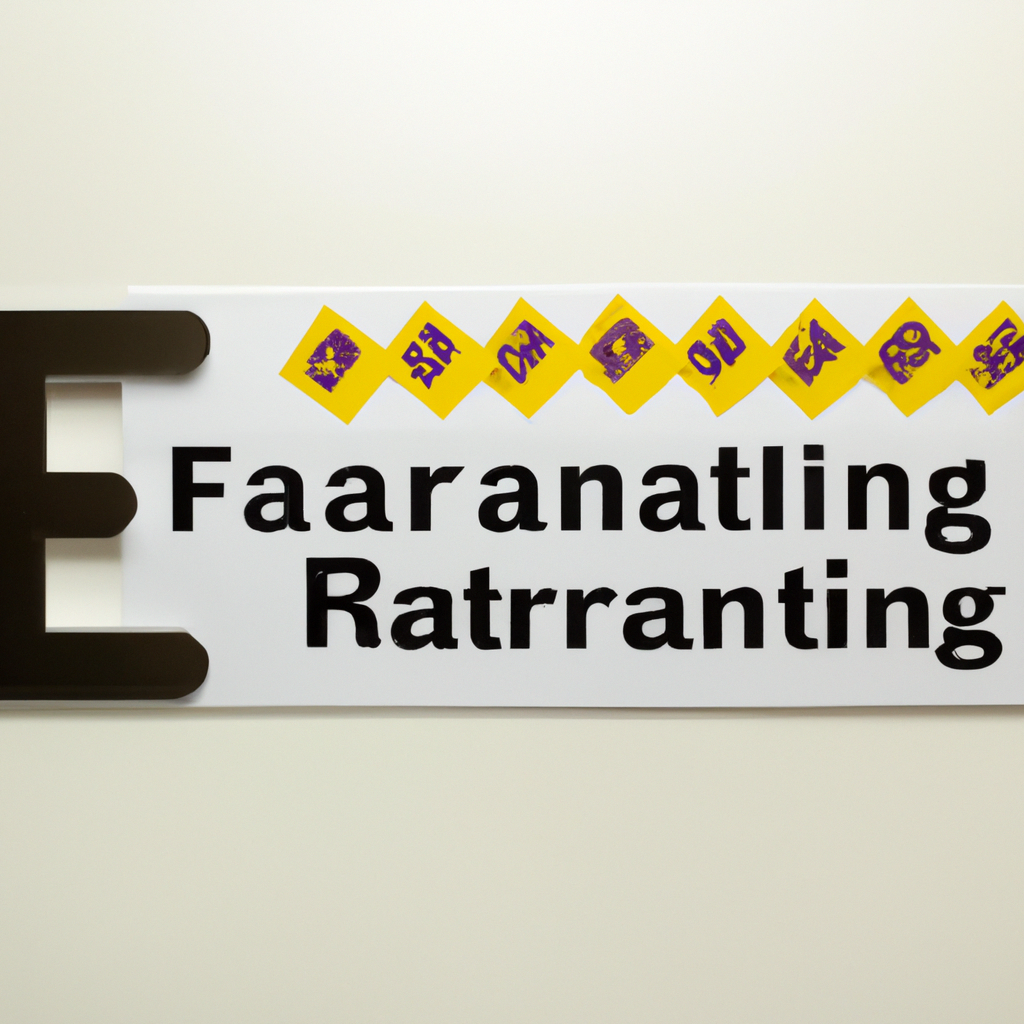Ratings of Financial Education Tools
Introduction
Financial education is crucial for individuals to manage their money effectively, make informed financial decisions, and secure their financial future. With the advancement of technology, there is a wide range of financial education tools available to help people enhance their financial knowledge and skills. However, not all tools are created equal, and it is essential to understand their ratings and effectiveness before incorporating them into your financial learning journey. In this article, we will explore the ratings of various financial education tools to help you choose the most suitable ones for your needs.
1. Online Courses and Webinars
Online courses and webinars have gained significant popularity in recent years as a convenient and accessible way to learn about personal finance. Many reputable organizations and educational institutions offer these courses, covering a wide range of topics such as budgeting, investing, and retirement planning. Ratings for online courses and webinars can vary depending on factors like course content, instructor expertise, user reviews, and interactive elements. Websites like Coursera, Udemy, and Khan Academy provide ratings and reviews to help users gauge the quality and effectiveness of the courses.
2. Mobile Apps
Mobile apps have revolutionized the way we manage our finances, and they also serve as valuable educational tools. Numerous financial education apps are available, offering features like budgeting, expense tracking, investment analysis, and educational content. When evaluating the ratings of financial apps, it is essential to consider factors like user interface, ease of use, accuracy of information, security measures, and customer reviews. App stores like Google Play Store and Apple App Store provide user ratings and reviews, giving insights into the app’s effectiveness and user satisfaction.
3. Personal Finance Blogs and Websites
Personal finance blogs and websites offer a wealth of information on various financial topics, ranging from basic money management to advanced investment strategies. These platforms often provide articles, guides, calculators, and interactive tools to educate readers about personal finance. Ratings for personal finance blogs and websites can be subjective, as they depend on individual preferences and the credibility of the content creators. However, popular websites like Investopedia, NerdWallet, and The Balance have gained recognition for their comprehensive and reliable financial information.
4. Podcasts and Audio Content
Podcasts have become a popular medium for learning, and the finance industry is no exception. Financial podcasts offer expert insights, interviews, and discussions on a wide range of financial topics. Ratings for podcasts can be subjective, as they depend on the quality of content, host expertise, and listener reviews. Platforms like Apple Podcasts and Spotify allow users to rate and review podcasts, providing valuable feedback for potential listeners.
5. Social Media Influencers
Social media platforms have given rise to a new breed of financial influencers who provide educational content and tips on personal finance. These influencers often have a significant following and share their knowledge through videos, posts, and live sessions. Ratings for social media influencers can be challenging to determine objectively, as they depend on individual preferences and the influencer’s credibility. However, considering factors like expertise, consistency, engagement with the audience, and user feedback can help gauge the effectiveness of their financial education content.
Conclusion
When it comes to financial education tools, ratings play a crucial role in determining their effectiveness and reliability. Whether you choose online courses, mobile apps, personal finance blogs, podcasts, or social media influencers, it is essential to consider user ratings, reviews, and expert opinions to make an informed decision. Remember that everyone’s learning preferences and goals may differ, so finding the tools that resonate with you personally is key. By utilizing highly-rated financial education tools, you can enhance your financial literacy and take control of your financial future.

